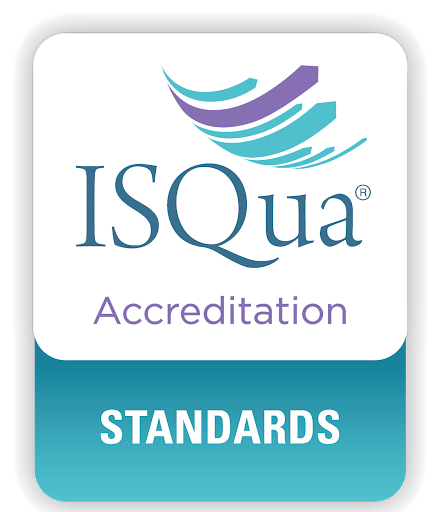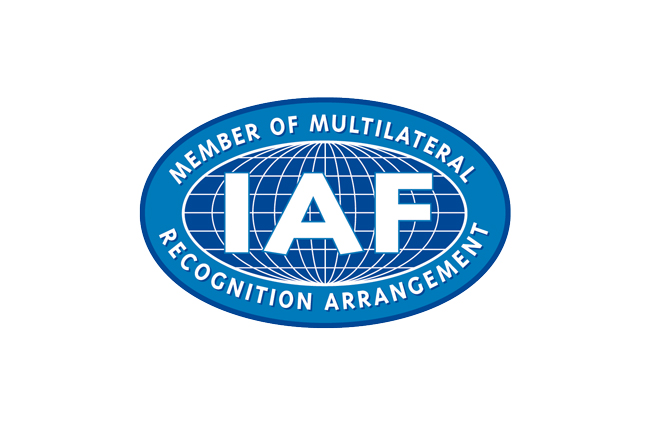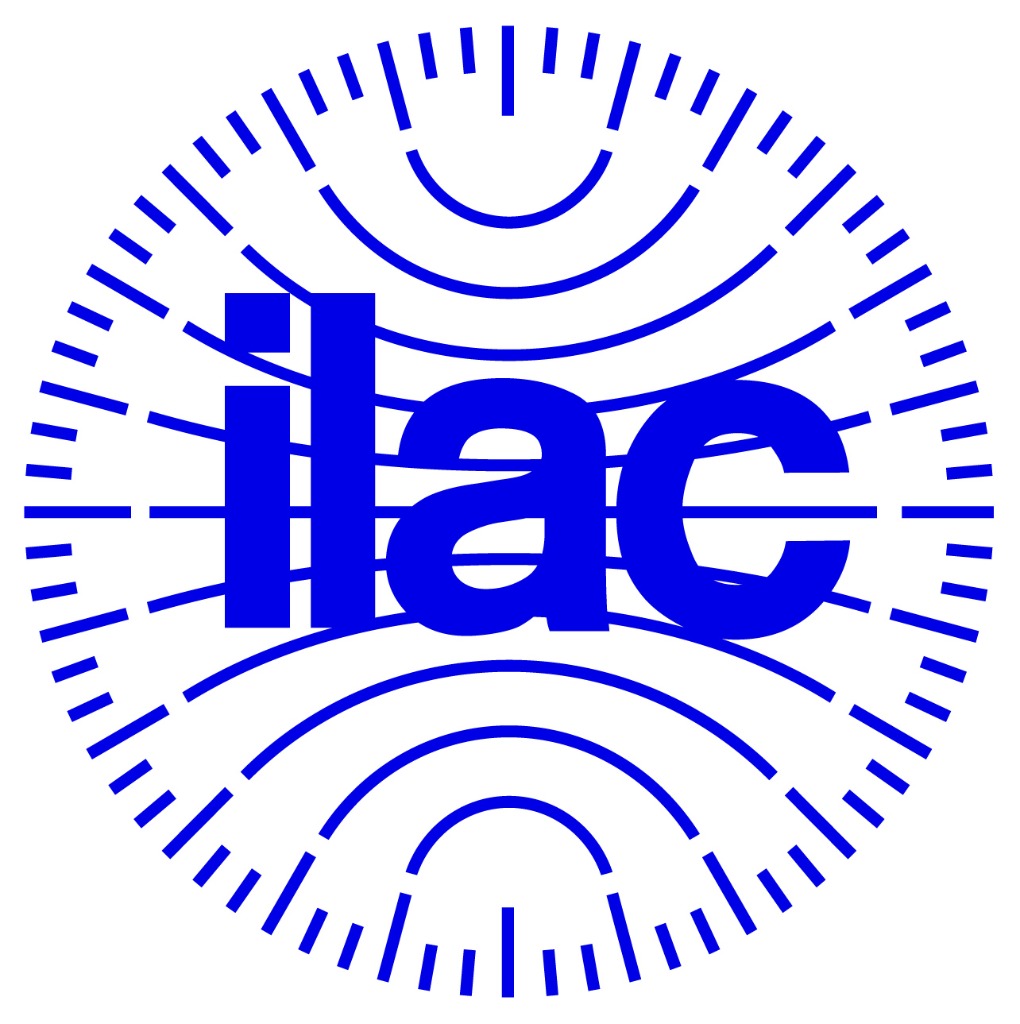HALAL CERTIFICATION: A way away from Haram
Halal certification has been in the news from time to time for reasons more than one. While food has been the primary area of discussion world-over for many years, beauty products with Halal certification is an idea that has been in news during the recent times. Not just that, Halal envelopes various other segments like medicine, sportswear and so on. With all these options and mounting possibilities, Halal has become an industry that is growing at a rapid pace.
The Arabic word ‘Halal’ means, permissible or allowed as per Islamic laws. In contrast to Halal is ‘Haram’, meaning the forbidden acts . As these two terms are of great value to the Islamic sentiments and Islamic dietary requirements, it is essential for all businesses offering products and services, to adhere to and play by the Halal rules. But just abiding to the rules will probably not be enough. To assure the clients/ customers of fulfilment of the Halal criteria and to ensure evasion of Haram sources & methods, it is important for businesses to obtain a Halal Certificate. The fact that the Halal product segment is attracting not only Islamic but non-Islamic communities too, makes Halal certification desirable for a wide variety of businesses.
Understanding the relevance and the importance of this certification, many age-old businesses worldwide are making advances to obtain a confirmed Halal status. Over the past few decades, this process has crossed borders of regions and religions; it has spread wings till the far ends of the globe and trickled into brands which were originally not designed to observe the Halal rules. In short, possessing a Halal certificate will help your business in gaining the confidence of your clients, and will assist in finding a way away from Haram.
What is Halal Certification?
Halal certification is a guarantee that the products or services of a specific business comply with the Islamic dietary or lifestyle requirements. The primary goal of Halal Certification is to help businesses around the world comply with the norms of health, safety and humanity in general and those of Islam in specific. An organisation which meets the Halal criteria in relation to its products or services (by way of obtaining halal products or using the prescribed method of ritual slaughter) is awarded with a Halal Certificate by a recognized body. The Halal certification process and the institutions awarding the certification devotedly strive to achieve the purpose of the Halal rules, that is, ‘not causing harm or unnecessary suffering to fellow beings’.
Why Halal Certification?
There is a flourishing market in the Middle East, North & South Africa and South Asia and the former Soviet Union making it quintessential for businesses to follow Halal rules, especially in these regions. And today, with Southeast Asia and the Middle East becoming the two largest markets for Halal products, it is necessary for a process to be prevalent, which ensures that the Halal requirements are fulfilled. The process of Halal certification involves several steps including verification of ingredients and halal methods, inspection or audit of whether the business fulfils all Halal criteria and approval from a certifying committee which makes the Halal certification trustworthy and credible to the customers.
How to obtain Halal Certification?
Halal Certification is provided by an authorized Halal Conformity Assessment body accredited under the EIAC. A business wishing to obtain Halal certification shall have to apply to the respective Halal Conformity Assessment body of the region, following which a set of Auditors will visit and inspect the business. Aspects of business like documentation, processing, application of standard procedures, tools used, storage, etc. will be verified, eg. if you are a business in the meat trade, your procedure of animal slaughter, the storage of halal meat, the righteousness of your records etc. will be inspected. Once the inspection is completed to the satisfaction of the Auditors, the documents submitted by the business are verified and finally the Halal certification is issued after ensuring that all the criteria is fulfilled.















